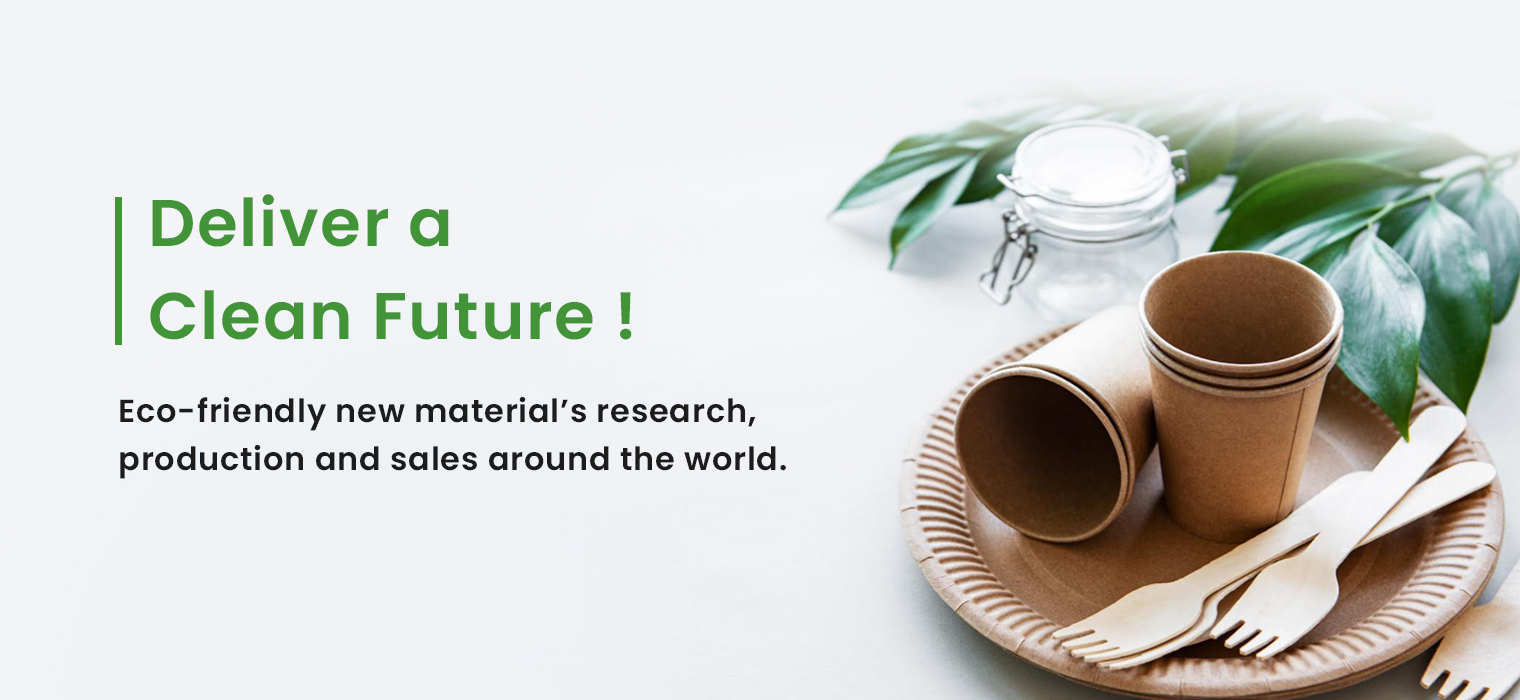The Environmental Impact of Single-Use Plastics and the Rise of Bagasse Products
Single-use plastics have become an integral part of our modern lives, providing convenience and efficiency in various applications. However, their widespread use comes at a significant environmental cost. The impact of single-use plastics on our planet is a growing concern, with consequences ranging from the pollution of our oceans to the release of harmful greenhouse gases.

Plastic waste, especially when it ends up in the oceans, poses a severe threat to marine life. Sea animals often mistake plastic items for food, leading to ingestion and injury. Plastic pollution affects the entire food chain, from zooplankton to large marine mammals. It's a stark reminder of the urgent need to reduce our reliance on single-use plastics.
Enter bagasse products – a sustainable alternative that is gaining popularity as people and businesses seek ways to minimize their environmental footprint. Bagasse, the fibrous residue left behind after extracting sugarcane juice, is biodegradable and can be repurposed into a wide range of products. Bagasse tableware, containers, and packaging are leading the charge in reducing plastic waste.
The transition from single-use plastics to bagasse products offers numerous benefits. First and foremost, bagasse is a renewable resource, and its production is far less harmful to the environment compared to the manufacturing of plastics. Bagasse products are compostable, meaning they naturally break down into organic matter without leaving harmful residues. This biodegradability is in stark contrast to traditional plastics, which can persist in the environment for hundreds of years.
The rise of bagasse products also aligns with the growing awareness of environmental issues and a global commitment to sustainability. As more individuals and businesses make the switch, the demand for bagasse products continues to rise, encouraging manufacturers to invest in eco-friendly production methods and materials.
